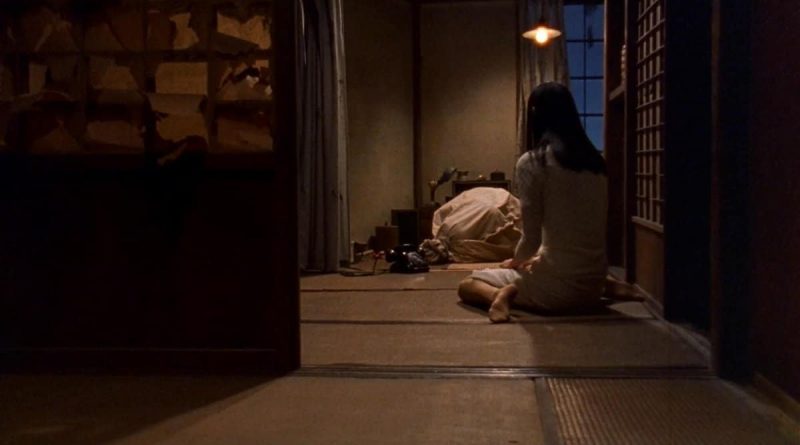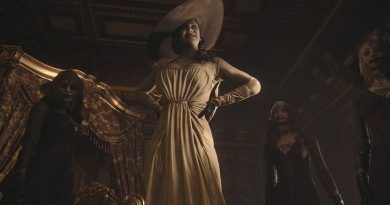‘Audition’ Review: Classic Shocker Lives Up to its Reputation
Warning: contains some spoilers for Audition
Workhorse filmmaker and grindhouse auteur Takashi Miike has made an absurd amount of movies, mostly direct-to-video gangster movies and horror flicks designed to shock and disturb. He’s known for his flamboyant, high-energy cinematic style as well as his shocking and lurid imagery. However 1999’s Audition, arguably his most famous film, is something quite unlike the rest of his filmography despite its superficial similarities.
The film follows Aoyama, a movie producer whose wife has passed leaving him to raise their son alone. When his son reaches his teenage years, Aoyama decides to remarry, and one of his coworkers sets up a film audition which doubles as a way for Aoyama to vet a new wife. He falls hopelessly in love with one woman, Asami, who ends up being much more sinister than what she initially appears to be.
Like many Miike movies, Audition is very stylized and tonally all over the place, but this inconsistency is not random and it works pretty well for the most part. The film begins as a lighthearted family drama awash in soft diffused lighting and upbeat music. This first half then makes a slow-burn transition into a depraved and surrealistic horror-driven second half. This tonal shift not only hides the true nature of the film’s second half but also makes that half much more disturbing and impactful. The film also abandons Miike’s normal energetic style for something much slower and more methodical similar to a classical drama, which helps draw the audience in further than they would otherwise be if things were too manic.
Audition has a reputation for being a disturbing and fucked up movie, but perhaps what makes it so effective is how well it hides all its darkest material until the last possible minute. While other Miike’s movies might shove your face in violence and depravity, Audition holds back. For most of the film there is little in the way of violence, sexuality, or any other questionable content until the turning point about two-thirds of the way through. There are layers of horror built into the world of audition, layers that make you feel truly disgusted once it’s all over, but these layers are kept hidden for so long, with so much teasing at what’s really going on, before the curtain is pulled back all at once. The effect is truly devastating, drawing the audience deeper into the film’s central mystery before suddenly unveiling the full tableau of suffering and abuse that is behind everything.
Besides Miike’s fascinating technique, what saves the movie from being just a torture-porn precursor is that it actually has something interesting to say. While it is easy to focus on the central villain’s disturbing yet cliched story of abuse and transformation into a dangerous psychopath, the film also takes a stance on its protagonist Aoyama. Aoyama is presented as a loving father and Everyman who has overcome his tragic circumstances to build a good life, something which even his housekeeper remarks on. We are placed in his shoes and made to empathize with him. However as his infatuation with Asami deepens and he falls further into the mysteries around her, his own faults become clear. He seems all too eager to forget his deceased wife, and has gone on to use women in various ways and enjoys holding power over them, falling into psychological despair when that power is taken away. One character remarks that “pain reveals the true nature of the mind”, and through Aoyama’s pain, the audience sees the darkness within his own mind.
Audition is a disturbing movie, but for reasons other than what one might assume. It’s not for everyone, it’s a miserable, feel-bad experience, but it is very good and very engaging. If you think you can handle it, Audition is definitely worth a watch.




